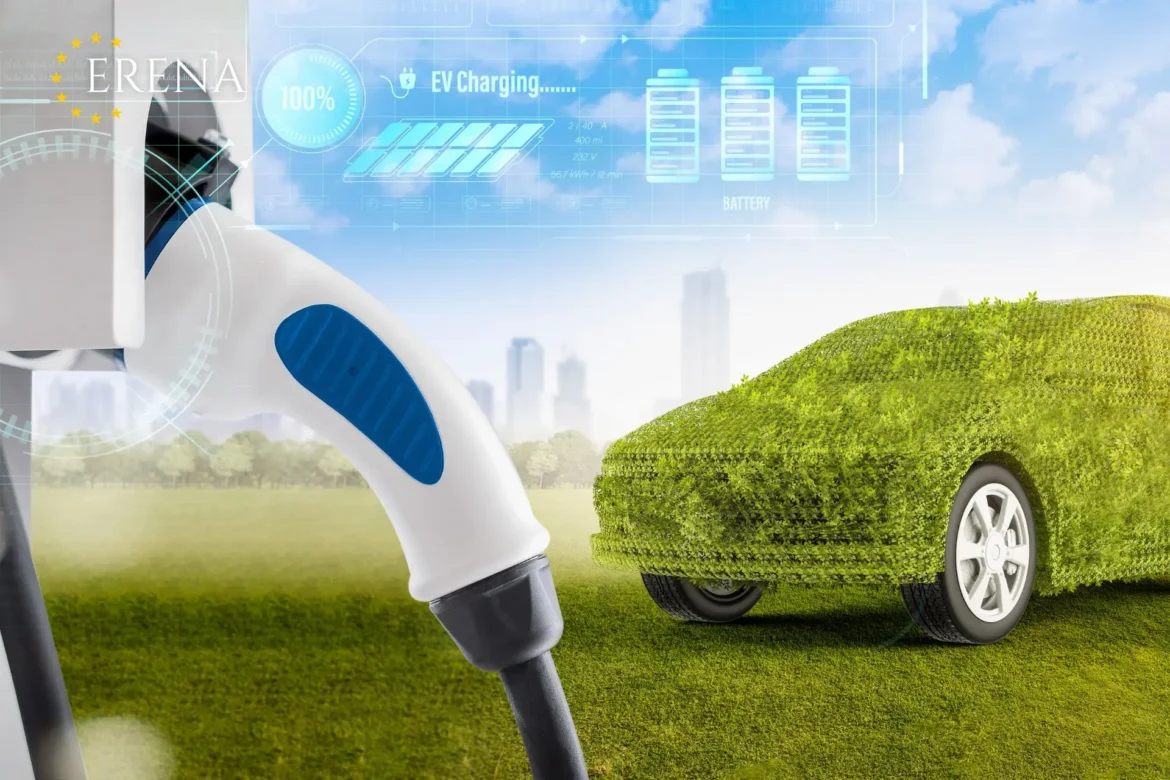As electric vehicles (EVs) gain popularity across Europe, many people are looking to install home EV charging stations. However, the process varies depending on whether you own your property or lease it. This guide covers the key factors, including costs, permissions, regulations, and incentives, to help you make an informed decision.
Charging Station Installation at a Private Property
If you own your home, installing an EV charger is relatively straightforward. Here’s what you need to know:
Costs of Installation
The total cost depends on the charger type, installation complexity, and potential electrical upgrades.
- Basic home charger (3.7 kW – 7.4 kW): €500 – €1,200
- Fast home charger (11 kW – 22 kW): €1,200 – €2,500
- Installation costs: €600 – €2,000 (depending on wiring and distance from the main panel)
- Electrical panel upgrade (if needed): €500 – €2,000
Permits and Regulations
- No special permits are usually required for private homes.
- Some municipalities require notification if installing a high-power charger (11 kW or above).
- Ensure compliance with local electrical codes and safety standards.
Benefits of a Home Charging Station
✅ Convenience: Charge your EV overnight at home.
✅ Cost Savings: Home charging is cheaper than public stations.
✅ Property Value Increase: Homes with EV charging attract buyers.
Charging Station Installation at a Leased Property
For tenants, installing an EV charger involves additional steps and approvals.
Steps for Tenants
- Get Landlord Approval:
- Request written permission from your landlord.
- Discuss who will cover installation and removal costs.
- Follow Legal Requirements:
- Some European countries require landlords to allow charger installations.
- If you live in an apartment, you may need homeowners’ association (HOA) approval.
- Consider Shared Charging Options:
- In apartment buildings, private installations may not be feasible.
- Look for shared EV charging solutions that benefit multiple tenants.
Costs for Tenants
- Permission & administrative fees: €100 – €500
- Deposit for removal costs: €500 – €1,500
- Installation costs for apartments (complex setup): €1,000 – €3,000
💡 Some landlords may share the costs if they see EV charging as a property value boost.
Government Incentives and Subsidies
Many European countries offer grants and subsidies to lower installation costs:
- 🇩🇪 Germany: Up to €900 subsidy for private chargers.
- 🇫🇷 France: Covers 50% of installation costs (up to €960).
- 🇳🇱 Netherlands: Regional grants covering 30-50% of costs.
- 🇪🇸 Spain: MOVES III program offers up to €1,100 for private EV chargers.
🔎 Tip: Check local government websites for the latest EV charging incentives!
How to Choose the Best EV Charger for Your Home?
When selecting a home EV charging station, consider:
🔹 Charging Speed:
- 7.4 kW chargers are ideal for most homes.
- 11 kW – 22 kW chargers offer faster charging but may require an upgraded electrical system.
🔹 Smart Features:
- Remote monitoring and smart energy management.
- Integration with solar panels for green charging.
🔹 Plug Type Compatibility:
- Most EVs in Europe use Type 2 connectors.
Final Thoughts: Is a Home EV Charger Right for You?
For homeowners, installing an EV charger is a smart investment that adds convenience and boosts property value. For tenants, the process requires landlord approval but remains a great way to enjoy cost-effective charging at home.
With government incentives available across Europe, there has never been a better time to install a home EV charging station!
💡 Are you considering installing an EV charger? Share your thoughts and experiences in the comments! If you have questions, let’s discuss the best options for your home. 🚗⚡

